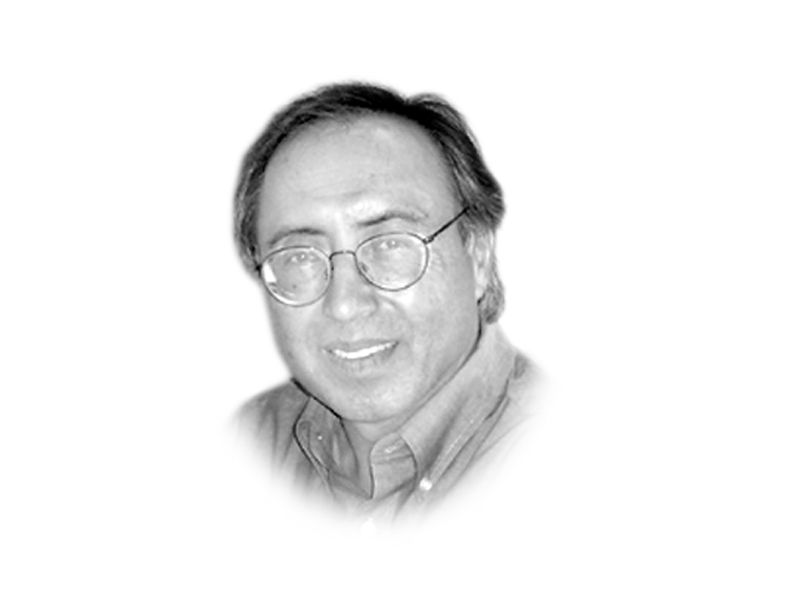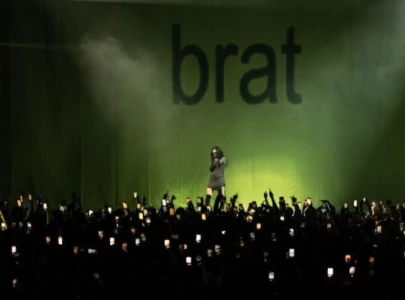
Before answering this question, a few misconceptions about parliamentary democracy and elections need to be addressed. The first is that the government has a five-year tenure and it must complete it. While I would support the argument that elected governments shouldn’t be thrown out of power and challenged to the point of collapse, in parliamentary democracy the tenure of parliament and of the government which it elects is flexible. A government can stay in power as long as it has confidence of the house.
Interestingly, it is prerogative of a government to call for snap elections anytime it wishes to, well before the parliament completes its tenure. Usually, the governments in parliamentary form call for fresh elections when they believe they can win overwhelming majorities to push for some controversial agenda.
British Prime Minister Theresa May called for fresh elections in June to strengthen her position in Brexit talks. Similarly, Japanese Prime Minister Shinzo Abe announced fresh elections recently to take advantage of stronger political support to deal with the security threat posed by North Korea.
The other fallacy about parliamentary democracy in Pakistan is that mid-term or early elections would weaken democracy, as claimed by leaders of the PPP and the PML-N in responding to the demand of Imran Khan. In fact, elections strengthen democracy by providing fresh opportunity to the electorate to judge the performance of governments and parties in power. As mentioned above, the parties in power would never shy away from elections before the end of parliament’s tenure if they stand to benefit from it. The several parties that appear to be opposed to holding elections at this time have different motivations, but share a common element of uncertainty about their victory.
The parties in power have a pragmatic interest in defending the tenure, and such, any resistance to fresh elections is as democratic as the demand for calling new elections. The demand and resistance to early elections is driven by the struggle for power more than the principle of democracy. The PTI sees the leadership of the PML-N seized by a number of problems — disqualification of Nawaz Sharif, his accountability in the courts and visible division within the party on critical issues.
The problem of the PTI is that it remains a lonely fighter for a cause that other parties don’t share. As time passes, the consensus would be that elections are held next year — on time. As there are conflicting evaluations of the performance of governments led by different parties, it will be fair that they should stay in power and complete their tenure and complete the projects they have started.
In transitional democracies such as Pakistan, completing tenures serves two important functions — consolidation of democracy and raising the political consciousness of the electorates to judge the parties on the basis of performance. Voting may not resolve all political conflicts, but the quality of democracy is likely to improve with each successive electoral run.
Published in The Express Tribune, September 27th, 2017.
Like Opinion & Editorial on Facebook, follow @ETOpEd on Twitter to receive all updates on all our daily pieces.




1719660634-1/BeFunky-collage-nicole-(1)1719660634-1-165x106.webp)







COMMENTS
Comments are moderated and generally will be posted if they are on-topic and not abusive.
For more information, please see our Comments FAQ